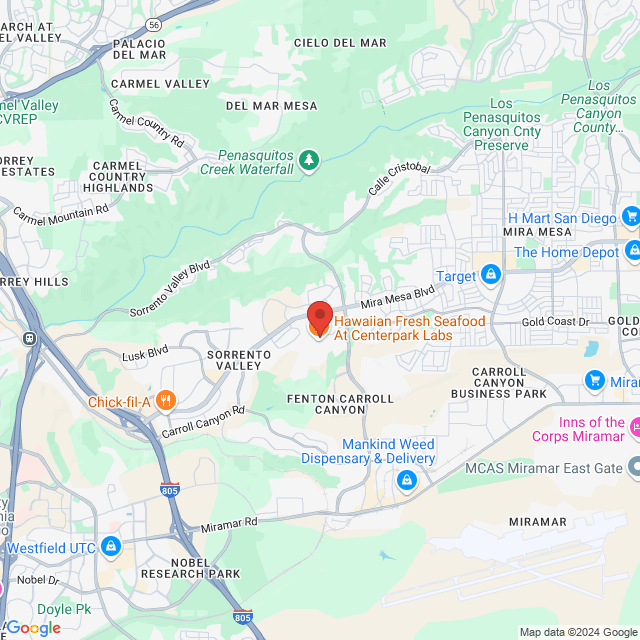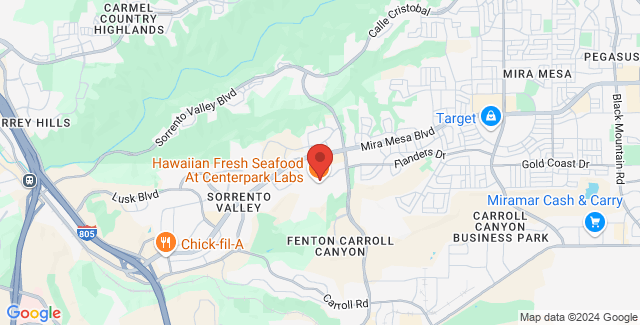Atrium C-Qur Hernia Mesh
Many patients experienced complications after having surgery to repair a hernia, leading many to file claims in the Atrium C-Qur™ hernia mesh lawsuit. Hernia mesh is one of the most common treatment options for this condition, and although it was once deemed a safe medical device and procedure, many patients are experiencing severe injuries and complications. The Atrium C-Qur™ line of products consists of polypropylene, which can lead to additional complications when it comes into contact with certain tissues.

In response to the many complications and complaints filed by patients, the U.S. Food and Drug Administration (FDA) has issued product recalls and sent warning letters to the manufacturer. In spite of these attempts, Atrium is still manufacturing dangerous hernia mesh products, so patients have turned to the legal system for help. If you are one of the many victims suffering from complications caused by an Atrium C-Qur™ hernia mesh product, you may be eligible to file a claim for your injuries. Contact us today to schedule a complimentary consultation with an experienced attorney.
Atrium C-Qur™ Mesh Products
Atrium’s original C-Qur™ mesh product was first approved by the FDA in 2006. Rather than going through the standard approval process, the product was fast-tracked via the FDA’s 510(k) process. This program allows products which are thought to be similar to those already approved and on the market to gain approval without the rigorous safety testing that is standard for new products.
C-Qur™
This is Atrium’s original hernia mesh product. It was approved in 2006 and features polypropylene mesh with an Omega-3 fatty acid coating, which serves as a barrier to protect the surrounding tissues.
C-Qur Edge™
The C-Qur Edge™ was approved in 2008 to repair intra-abdominal hernias.
C-Qur V-Patch™
The V-Patch™ was designed to repair small hernias, including umbilical and epigastric hernias.
C-Qur™ Tacshield
Approved in 2015, the TacShield mesh is used to repair medium to large open ventral hernias (those occurring in the abdominal wall).
C-Qur™ FX
The FX mesh was also approved in 2015, and lacks the protective Omega-3 fatty acid barrier. It is used in both open and laparoscopic hernia surgeries.
C-Qur CentriFX™
Also approved in 2015, the CentriFX™ mesh is used in laparoscopic inguinal (groin) hernia repair surgery and features a see-through mesh design.
C-Qur Mosaic™
The Mosaic also features the see-through mesh design and was approved in 2015. It is used in both open and laparoscopic hernia procedures.
C-Qur™ Film
The Film mesh is used in both pelvic and abdominal procedures to reduce the occurrence and severity of adhesions.
Complications with Atrium C-Qur™ Mesh
Most patients accept that all surgeries carry some degree of risk, including swelling, bruising, and the possibility of infection. The Atrium C-Qur™ mesh products come with far more serious complications, however, some of which can be life altering. Complications that have been reported with Atrium C-Qur™ mesh include:
- Severe pain
- Chronic infections
- Formation of scar tissue around the mesh
- Degradation of the Omega-3 fatty acid coating, which can cause the mesh to adhere to the tissues and organs
- Bowel obstruction
- Excess bleeding
- Fistulas, which are abnormal fusions of organs, tissues, or blood vessels
- Fluid buildup at the hernia site, also known as seroma
- Foreign body rejection
- Migration or shrinkage of the hernia mesh as it degrades over time
- Skin rashes
In addition to these complications, the chronic pain, inflammation, and infections patients often face can lead to even more problems. Many patients who have received a hernia mesh product later developed autoimmune diseases, such as rheumatoid arthritis or lupus. These incurable conditions may require expensive medications and lifelong treatments to manage painful and debilitating symptoms. Patients have also reported neurological changes, sudden tooth loss, and liver problems.
Atrium C-Qur™ Mesh Recalls
In August of 2009, the FDA issued a Class II recall of the C-Qur Edge™ mesh after humid conditions caused the coating to adhere to and rub off on the packaging. In 2013, the FDA issued another Class II recall of both the C-Qur V-Patch™ and the C-Qur Edge™. Again, these were due to the coating sticking to the packaging in humid conditions.
In 2012, the FDA sent Atrium Medical a warning letter regarding their failure to address the serious complaints filed by consumers regarding infections. Despite these measures, Atrium’s C-Qur™ mesh products are still on the market and being used to repair hernias.
Schedule Your Complimentary Case Evaluation
Because the FDA and Atrium have failed to improve the safety of these products, injured patients have begun taking legal action. Countless claims have already been filed in the Atrium C-Qur™ hernia mesh lawsuit over severe complications and many cite the manufacturer’s failure to warn doctors and patients of the risks associated with these medical devices.
If you or a loved one has suffered complications related to an Atrium C-Qur™ hernia mesh product, you may be entitled to significant compensation for your medical bills, pain, and suffering. Contact a member of our legal network today to schedule a free case evaluation.




